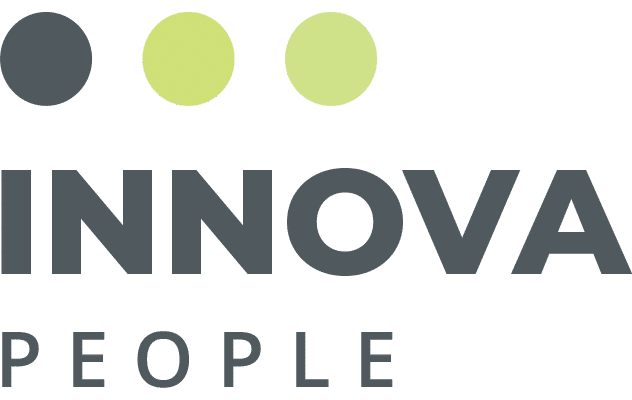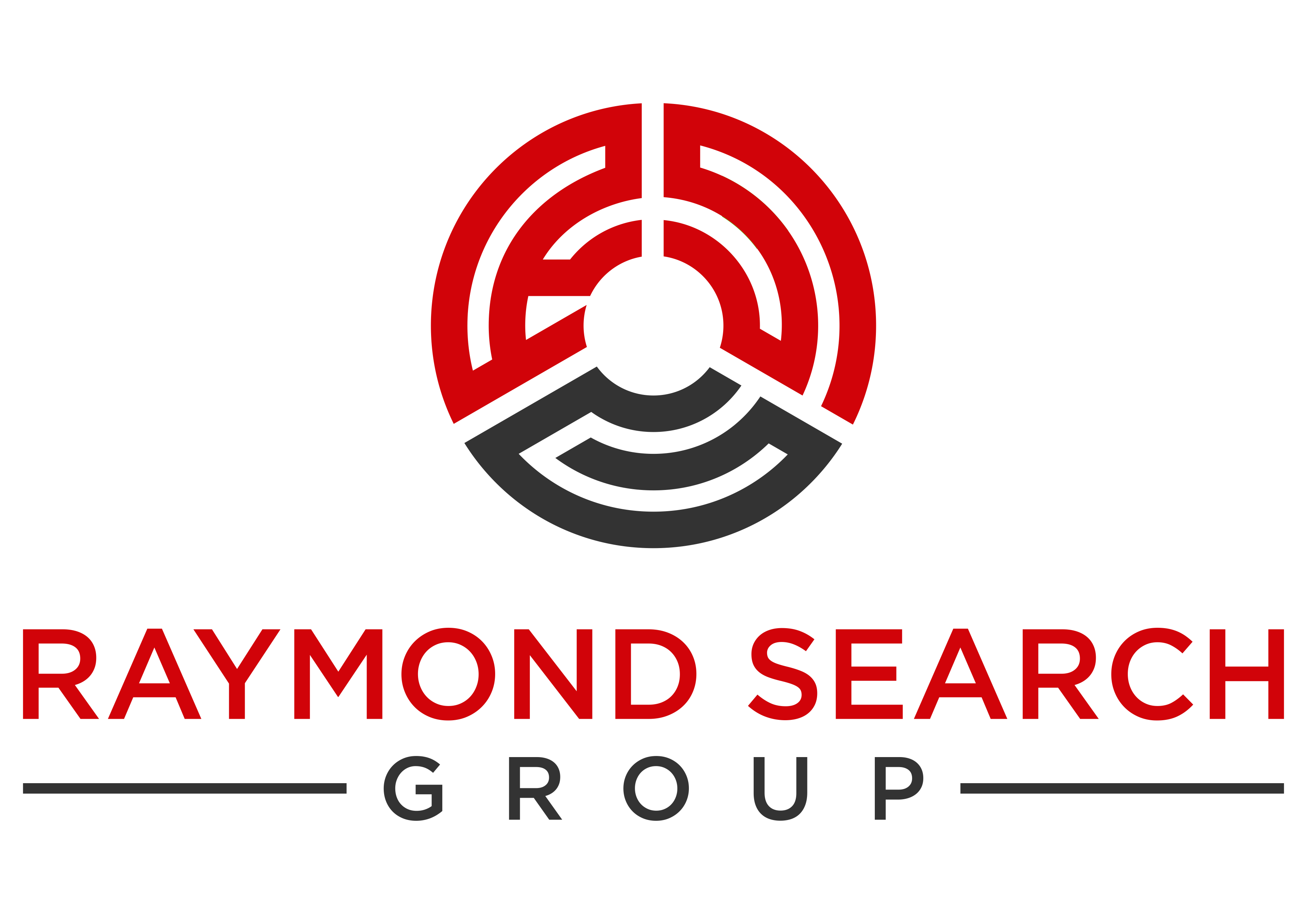
As remote work continues to reshape the healthcare technology landscape in 2025, attracting and retaining top talent has never been more critical. For health tech organizations, the focus is shifting beyond technical expertise-culture fit is emerging as a key differentiator in building resilient, high-performing remote teams. In the fast-evolving world of healthcare technology-where innovation, agility, and collaboration are core drivers of success-culture fit means aligning a candidate’s values, behaviors, and working style with your team’s mission and the broader goals of improving healthcare outcomes through technology.
How to Evaluate Culture Fit When Hiring Remotely
With distributed teams becoming the norm in healthcare tech, traditional hiring methods need to evolve. Here’s how to effectively assess culture fit in a remote environment: Clearly Define Your Tech Culture Whether you’re building AI-powered diagnostic tools or telehealth platforms, your organizational culture must be well-defined and clearly communicated. Values like innovation, user-centric thinking, and ethical data use should be front and center. This clarity helps candidates self-assess their alignment with your team. Behavioral Interviewing for Remote Health Tech Work Focus on remote-relevant scenarios that reflect the challenges of working in digital health. Ask questions like, “Tell me about a time you resolved a critical bug in a remote setting. How did you coordinate with your team under pressure?” These insights reveal how candidates handle complex, high-stakes situations collaboratively from afar. Assess Communication Skills In a remote tech team, communication is everything. Gauge how well candidates articulate technical concepts virtually, contribute in asynchronous discussions, and exhibit empathy-especially when discussing trade-offs or resolving conflicts. Involve Cross-Functional Team Members Product, engineering, compliance, and clinical teams often work hand-in-hand in health tech. Include team members from multiple functions in the interview process to evaluate how well candidates collaborate across disciplines and embrace diverse perspectives. Prioritize Adaptability and Ownership Health tech evolves fast-regulatory changes, platform shifts, and patient needs demand flexibility. Look for self-driven individuals who thrive on learning, adapt to uncertainty, and take initiative without micromanagement.
Why Culture Fit Drives Retention in Remote Health Tech Teams
Culture fit has a direct impact on retention, which is especially important in the competitive health tech market. In 2025, employees who feel aligned with their company’s values are 30% more likely to stay long-term. That’s a powerful edge when recruiting top-tier sales managers, engineers, product managers, and data scientists. Moreover, studies show that those who reported cultural alignment said they were more satisfied and engaged in their roles. Without this alignment, remote employees can feel isolated, which contributes to burnout-a top cause of turnover in tech roles.
The Ripple Effect on Product Quality and Patient Outcomes
Culture fit isn’t just an HR buzzword-it has real implications for healthcare outcomes. Remote teams that share values like integrity, transparency, and user empathy are 25% more likely to build products that improve patient care. When team members feel a strong connection to your mission-whether it’s expanding access to care or using AI ethically-they’re more motivated to deliver thoughtful, high-impact solutions. Conversely, misalignment can lead to poor handoffs, miscommunication, and even compliance risks that impact patient safety. As healthcare technology continues to drive the future of care delivery, hiring for culture fit is no longer optional-it’s strategic. By embedding culture into every stage of your hiring process, you’re setting your team up for stronger collaboration, higher retention, and better health outcomes for all.




